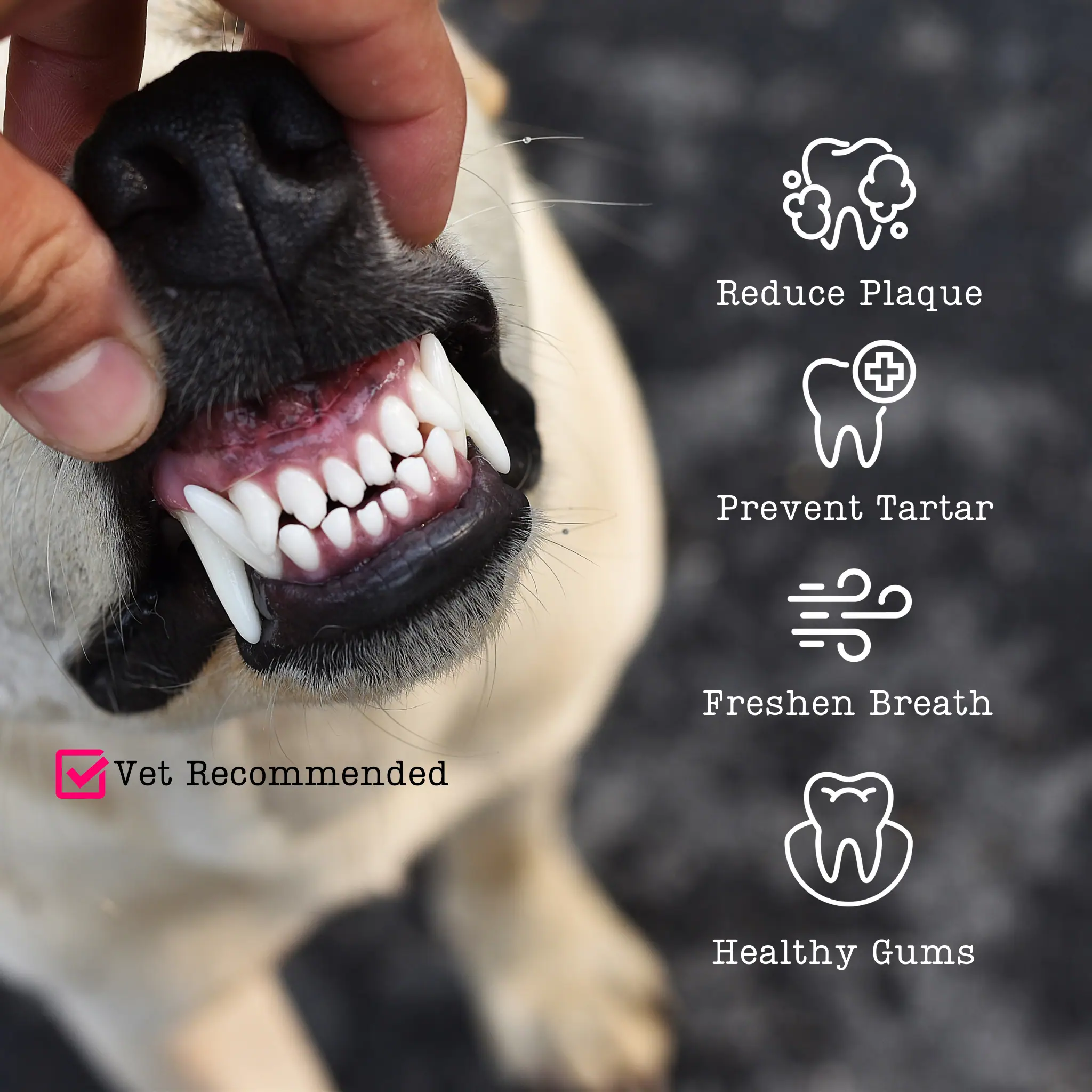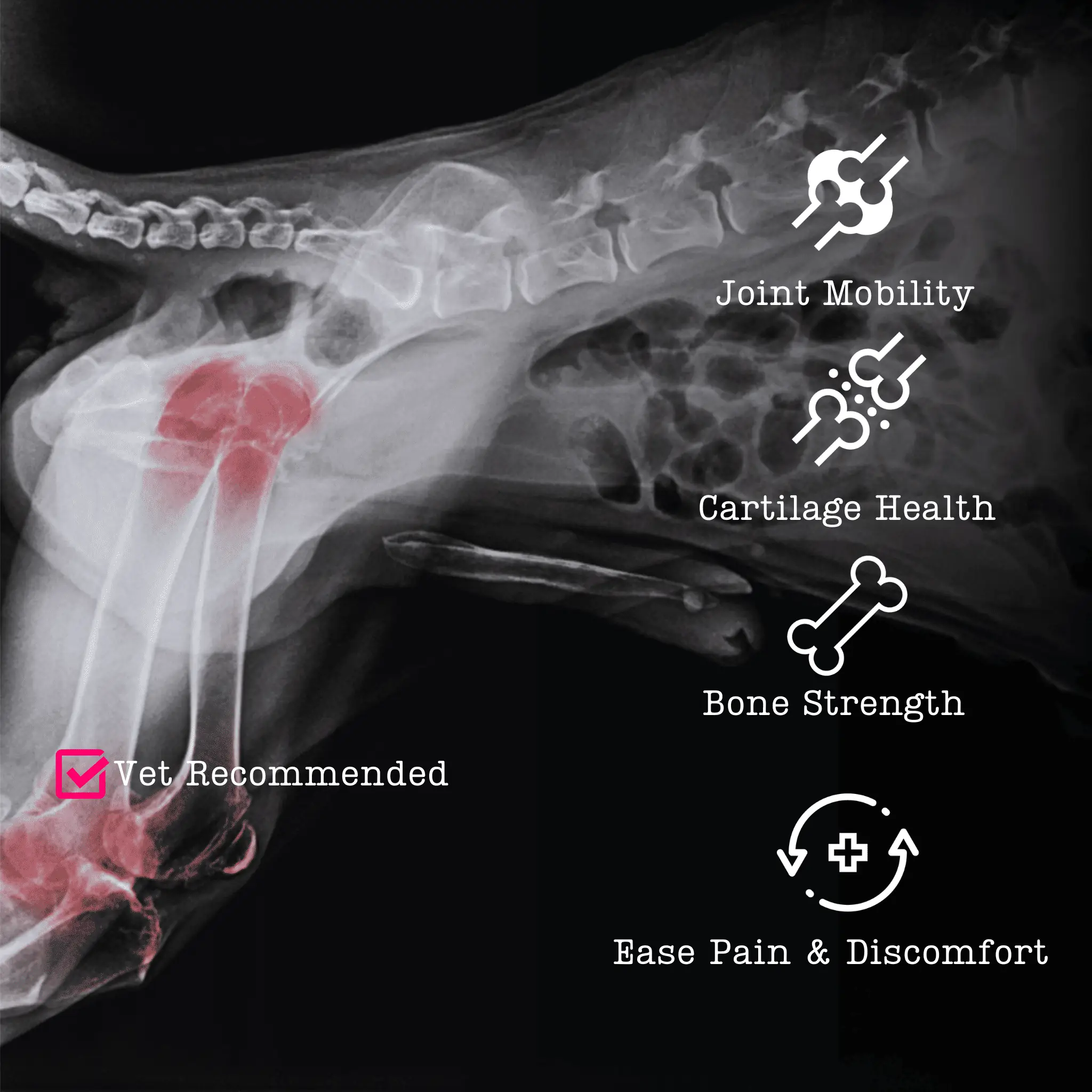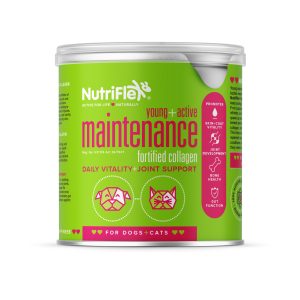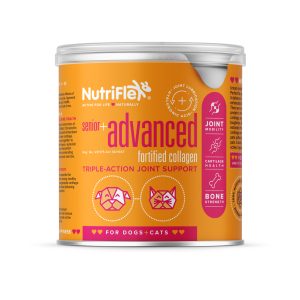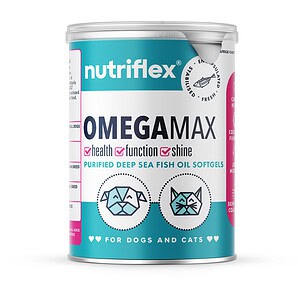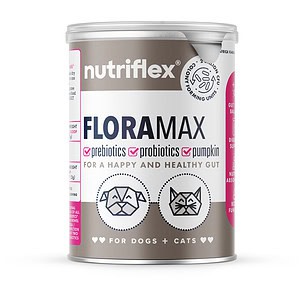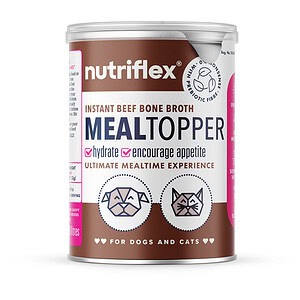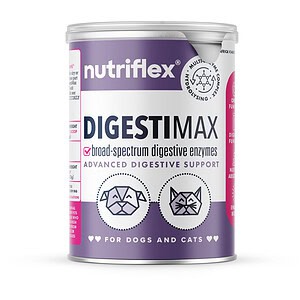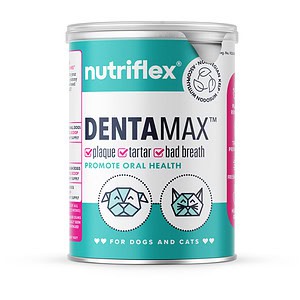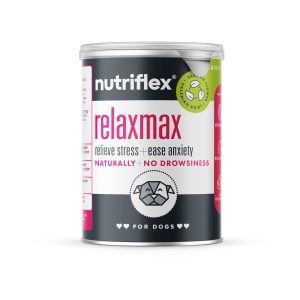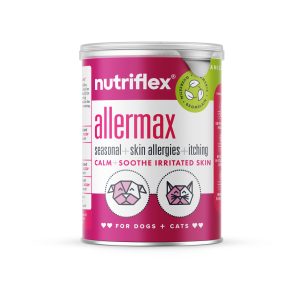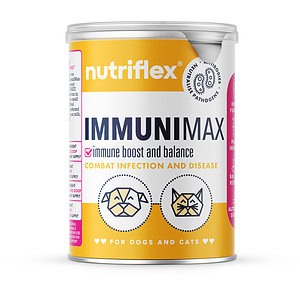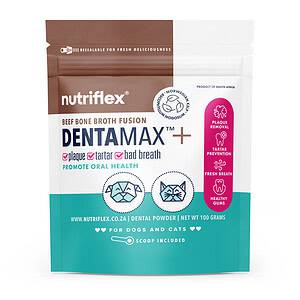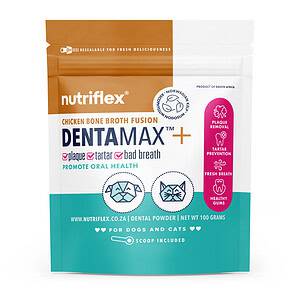Better Pet Health Delivered
potent natural Supplements
For Dogs, cats & horses
Vet Approved
Better Pet Supplements For More Happy Years
NutriFlex® is redefining pet wellness with our commitment to pure, clean and highly effective supplements for devoted animal companions. Powered by nature and backed by science, our premium pet supplements support an active, healthier and happier life for longer so you can share more love, laughter and precious years together. #MoreYearsMoreLove

Clinically Researched Ingredients
We believe the key to better pet health starts with the right ingredients. That's why NutriFlex® Pet Supplements are made with 100% natural, 100% active, highly absorbable, clinically researched nutrients dosed at optimal therapeutic levels for maximum effectiveness and lasting pet health.
Certified Human-Grade Supplements For Pets
We are proud to produce our certified human-grade pet supplements in our state-of-the-art Cape Town facilities. With FSA Accreditation for human food safety standards and GMP Certification, we ensure the same uncompromising quality of care for your pet as you do.
Backed by Science
Our supplements are expertly formulated by nutritionists, veterinarians, researchers and passionate animal lovers using the latest research, clinical findings and cutting-edge science to support optimal pet health and longevity.
No Hidden Nasties
We prioritise pure, clean, safe and effective products, which means no-nonsense, unwanted fillers, bulking agents, by-products, synthetic vitamins, added sugars, or flavour enhancers. Just 100% pure natural goodness for clinically verified results without side effects.
Better For The Planet
Choosing NutriFlex® means making a choice that's better for your pet and the planet. We ethically and sustainably source our ingredients and use recyclable packaging, so every purchase supports a healthier future.
BEST SELLER
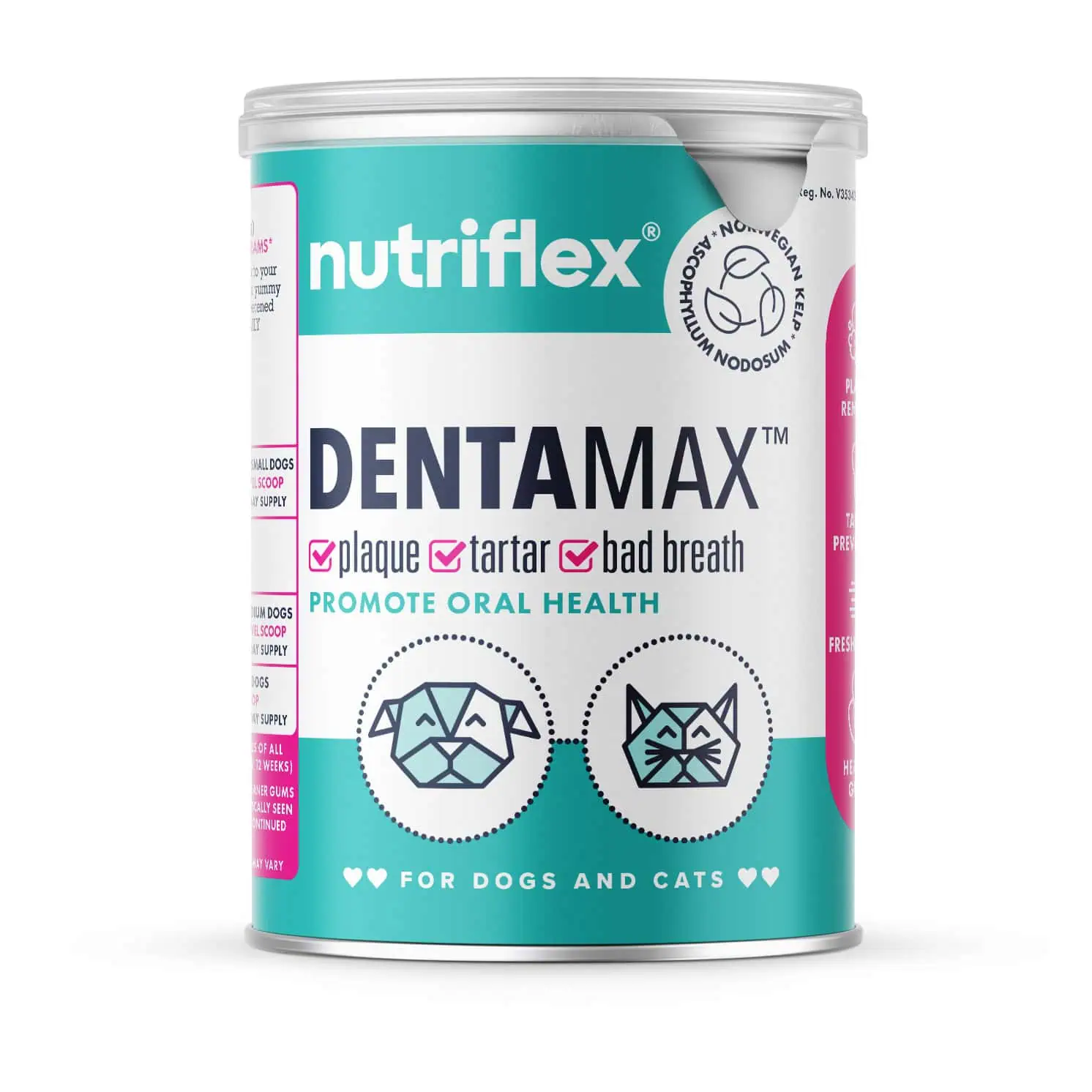
PLAQUE TARTAR BAD BREATH
DentaMax Dental Powder for Dogs and Cats
348 Reviews
The secret to fresh breath and clean teeth powered by clinically proven seaweed. The result is visibly whiter teeth, cleaner gums and fresher breath for your pet within just 3 - 12 weeks. No tooth brushing is required.
- Eliminate bad breath
- Remove plaque accumulation
- Prevent tartar, tooth decay and gum disease
Hip and Joint — Transform Joint Mobility and Comfort
- Improve joint strength, mobility and comfort
- Rejuvenate, restore and repair joint cartilage
- Improve bone mineral density and minimise age-related bone loss
- Ease muscle pain and joint discomfort
Perfect for ageing pets and animals of all ages requiring intensive joint care.
VET RECOMMENDED
Shop Our Bestsellers
Sardines vs. Salmon: Which Omega Supplement Is Best for Your Dog?
When it comes to providing your dog with optimal health and longevity, omega-3 fatty acids are a must-have in their diet and are essential for supporting skin health, immune function, heart and joint health. But which omega supplement is best for your dog, sardine or salmon oil? Sardine-based and salmon-based omega supplements are two of […]
read more →The Importance of Oral Pet Care: Safeguarding Your Pet’s Dental Health
Oral pet care is essential for more than just a bright smile. The condition of a dog’s gums and the cleanliness of a cat’s teeth can have far-reaching consequences on their organs and general health. As plaque builds up and gingivitis takes hold, the risk of oral bacteria entering the bloodstream increases, potentially affecting the […]
read more →The Best Breath Freshener for Dogs – Fight Bad Breath and Plaque
Bad breath in dogs, also known as canine halitosis, is a common problem many pet owners face. It can be unpleasant and often indicates underlying oral health issues. Most pet parents initially choose a breath freshener for dogs, such as oral sprays, which promise to freshen their dog’s breath without brushing. While these sprays can […]
read more →DentaMax Dog Dental Food Additive For Healthy Smiles
Maintaining your dog’s dental health is essential for its well-being and longevity. Like humans, dogs need consistent oral care to prevent tooth decay, cavities and gum disease. While commercial dog dental food prescription diets claim to help and provide care for dogs’ teeth, they often fall short, especially near the gumline, where plaque and tartar […]
read more →Hidden Dangers of Dental Water Additives For Pets
As pet owners, we want the best for our furry friends, ensuring their health and happiness. Oral care for pets is an essential part of their overall well-being, and dental water additives are often marketed as a convenient solution to improve your pet’s dental hygiene. However, while these products may seem like a quick fix […]
read more →Plaque Off Alternatives: Why DentaMax is the Best Choice for Your Pet’s Dental Health
Maintaining your pet’s dental health is crucial for their overall well-being. Dental issues in pets can lead to more severe health problems if not addressed promptly. One popular international product for combating dental plaque is Plaque Off. However, if you’re looking for Plaque Off alternatives that are cost-effective and equally effective, DentaMax is the answer. […]
read more →Why should you add NutriFlex collagen to your animal companion's daily regime?
Did you know that collagen is the most abundant protein in an animal's body? It acts like scaffolding, providing structural support and stability to their muscles, bones, tendons and more.
A whopping 30% of the total proteins in dogs', cats' and horses' bodies are collagen, which plays an essential role in keeping them healthy over time - from joint health to maintaining strong muscles to aiding digestion! As animals age, they produce less collagen leading to tell-tale signs such as joint discomfort or mobility issues appearing quickly.
Replenishing your pet's body with a daily serving of collagen provides vital nutrients to help support their long-term health and wellness. NutriFlex collagen supplements for dogs, cats and horses are formulated with human-grade natural ingredients sourced from nature. Recognised as arguably the best joint supplement in South Africa, NutriFlex is meticulously formulated to keep your pet active through every life stage. With NutriFlex collagen, you're not merely managing your pet's health; you're championing their wellness, ensuring that your shared journey is filled with joyous moments for many years to come – naturally!
How soon should my animal companion start supplementing with NutriFlex collagen?
The depletion of healthy collagen in every animal's body is a natural part of the ageing process, but that does not mean that it is gone forever. Lost collagen can easily be replaced through dietary intake — the earlier collagen is added to an animal's diet, the more likely it is to offset the degenerative effects of ageing for a more active, happier and healthier life for longer. #happiness delivered
Best Collagen For Dogs, Cats And Horses
NutriFlex Holistic Pet Health Supplements are the Cat's Whiskers!
At NutriFlex, we’re committed to maintaining the highest standards of food safety and nutritional integrity – you won’t find any bulking agents, unwanted preservatives, dyes, or artificial ingredients of any kind in our products.
These principles have cemented NutriFlex as the first choice among discerning pet parents, solidifying our position as South Africa's premier holistic pet supplement brand.
Certified Human-Grade Pet Products
Unlike most pet products, which are farm feed-grade, NutriFlex premium pet health supplements are certified human-grade products.
We produce them from globally sourced human food-grade ingredients in our state-of-the-art Cape Town facilities, which are accredited for human food safety standards by FSA and GMP.
This translates to an unequivocally higher level of ingredient quality and safety standards, like what you'd demand from your own food.
100% Natural Ingredients
Our products contain absolutely no nasties. This means no GMO ingredients, synthetic vitamins, unwanted preservatives, fillers, by-products, hormones or pesticides.
Created by Nature - Driven by Science
NutriFlex Holistic Health Pet Supplements are the cat's whiskers!
At NutriFlex, we’re committed to maintaining the highest standards of food safety and nutritional integrity – you won’t find any bulking agents, unwanted preservatives, dyes, or artificial ingredients of any kind in our products.
These principles have cemented NutriFlex as the first choice among discerning pet parents, solidifying our position as South Africa's premier holistic pet supplement brand.
Certified Human Grade Pet Supplements
Unlike most pet products, which are farm feed-grade, NutriFlex premium Pet Health Supplements are Certified Human Grade products produced in compliance with human food safety standards.
We produce them from globally sourced human food-grade ingredients in our state-of-the-art Cape Town facilities, which are accredited for human food safety standards by FSA and GMP.
This translates to unequivocally higher ingredient quality and safety standards, like what you'd demand from your own food.
100% Natural Ingredients
Our products contain absolutely no nasties. This means no added sugar, GMO ingredients, synthetic vitamins, unwanted preservatives, fillers, by-products, hormones or pesticides.
MORE YEARS MORE LOVE
CREATED BY NATURE — CRAFTED BY NUTRIFLEX® — LOVED BY ANIMALS
VITALITY MOBILITY LONGEVITY
